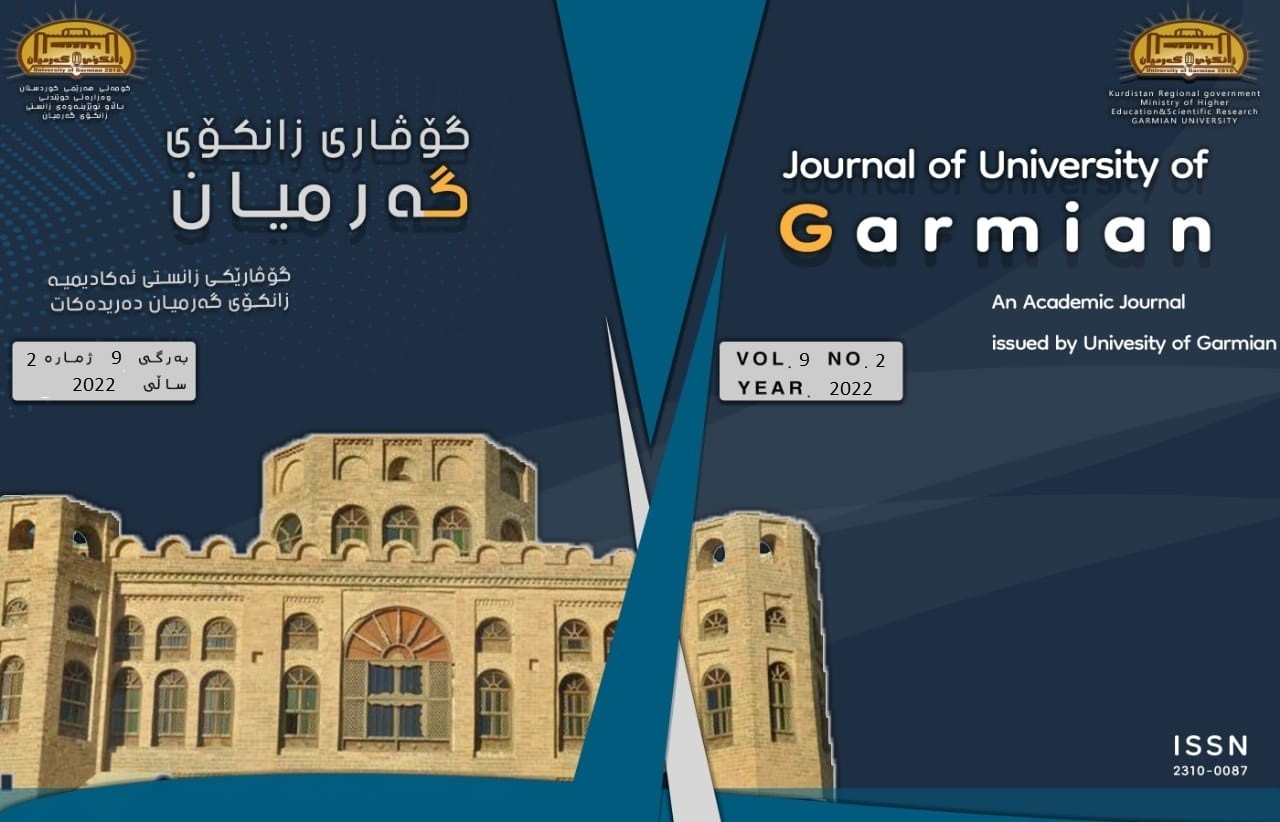Document Type : Original Article
Authors
1 Media department _ College of Technical of administration TCA Technical _ Sulaimani Polytechnic University
2 Public Relations and Marketing department, Sulaimani Polytechnic University, Digital Cultural Heritage Centre DCH
Abstract
This paper examines the impact of funders on the media industry in the Kurdistan Region Iraqi (henceforth KRI) The key objectives of the study are also looking at: how the media industry funder influences the media organization and journalists’ practices in the Kurdish community; how the media organizations attempt to utilize the available capabilities to serve the goals of the funded entities, whether they are parties, NGOs, governments, commercial companies or have individual ownership of media institutes. Further, the research project seeks to discover the influence and role of the funder on the media content and determine the prioritizing that will broadcast on the media. Furthermore, the project tries to understand to what extent the media organizations have a commitment to achieve the public interest and public affairs by following the key ethical principles. The study also attempts to explain the situation of the public service media.
These variables are measured through a survey questionnaire distributed among a sample of 108 journalists and media practitioners. This research project therefore explores a new topic for study in the Kurdish community, regarding the media industry, funding and financial support. This article adopted surveys (n=108) as data collection tools, by using a statistical method (SPSS 21). The data of the study have been tabulated, coded and presented in a descriptive form.
Keywords

